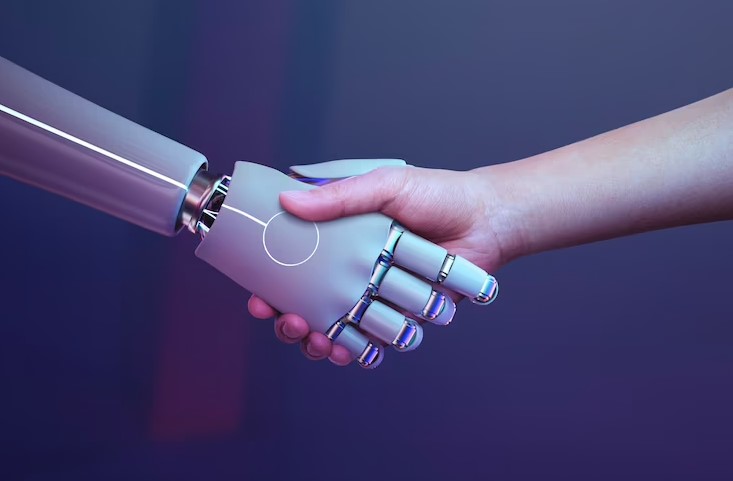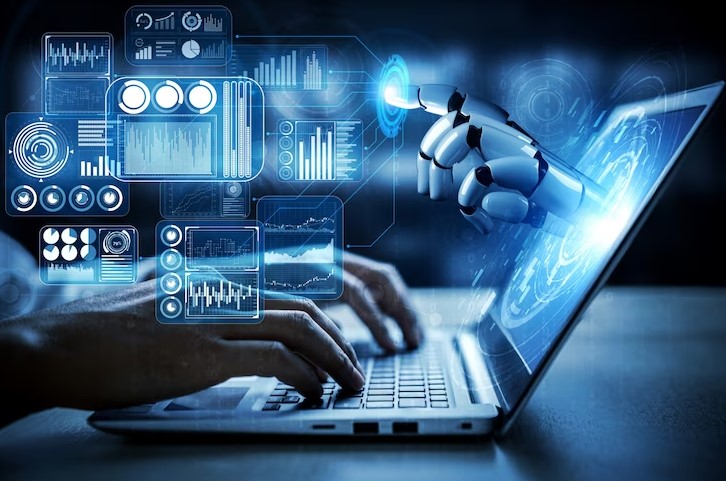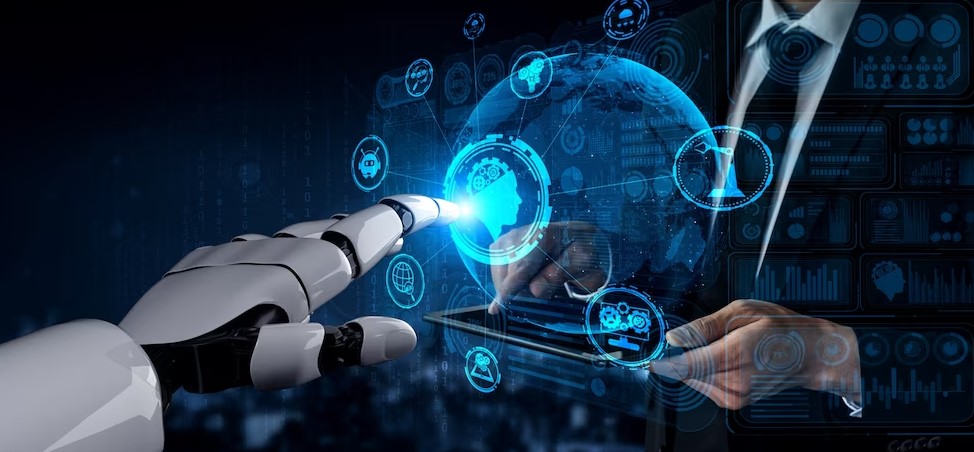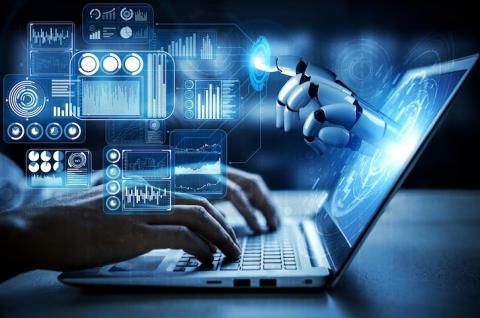
Artificial intelligence (AI) is becoming more and more common in our daily lives, from virtual assistants on our smartphones to facial recognition systems used in airports and security cameras.
AI is a branch of computer science that focuses on creating systems and programs capable of performing tasks that would normally require human intelligence to perform. Broadly, AI refers to the ability of machines to simulate human cognitive processes such as learning, decision-making, perception, and reasoning.
There are different approaches and techniques for developing AI systems, but in general, AI systems involve using algorithms, mathematical models, and data sets to "train" machines to perform specific tasks. AI can be used in various applications, including speech recognition, natural language processing, computer vision, robotics, process automation, and business decision-making.
Statistics on the use of Artificial Intelligence in the world
In the year 2022, at least 50% of companies worldwide have adopted Artificial Intelligence solutions, according to Statista data, which represents a very important number. “Much of this can be attributed to AI being better understood as an inherent tool for optimizing business and operations in 2022”, they added in their report.

The telecommunications and high technology industry is the one that uses Artificial Intelligence the most, according to studies by Statista, although its implementation is also growing in the financial sector, for its risk operations and services functions.
Artificial Intelligence can be very economically fruitful for businesses, proof of this is Netflix: “It is likely that many consumers agree that Netflix's use of artificial intelligence is one of its most important selling points. The streaming platform uses AI to personalize recommendations and adapt them to the interests of viewers", they detailed on the Exploding Topics portal. In fact, thanks to this implementation, Netflix receives more than a billion dollars annually.
Reasons behind the rise of Artificial Intelligence
Hardware and software improvements
The increase in processing power and data storage capacity, along with the development of new algorithm techniques, have enabled advancement in the field of AI.

Greater data availability
The amount of data generated by users and businesses has increased dramatically in recent years, allowing AI systems to learn and improve more accurately and quickly.
The need for automated solutions
The increasing demand for automated and autonomous solutions in different sectors, such as healthcare, manufacturing, logistics and e-commerce, has driven the development and implementation of AI systems.
Development of AI tools and platforms
The development of low-cost and easily accessible AI tools and platforms, such as TensorFlow, PyTorch, and IBM Watson, have enabled businesses and developers to create and customize AI solutions faster and easier.

Increased investment in AI
Companies and governments have invested significantly in AI research and development in recent years, which has contributed to the increasing availability and development of AI solutions in different sectors.
Main benefits of Artificial Intelligence in software development
Artificial intelligence (AI) offers a wide range of benefits for software development, some of which include:
Task automation
AI systems can automate repetitive and tedious tasks, allowing developers to focus on more complex, higher-value tasks.
Efficiency improvement
AI systems can streamline software development processes, such as code compilation and quality testing, which can reduce the time and costs associated with software development.
Identification of errors and problems
AI systems can analyze large data sets and spot patterns and anomalies, which can help developers identify and fix bugs and issues in software.

Personalization
AI systems can learn from user behavior and adapt to their needs and preferences, which can improve the user experience and increase customer satisfaction.
Analysis of data
AI systems can analyze large data sets and extract valuable information, such as usage trends and patterns, which can help developers improve software and make it more useful to users.
Predictive modeling
AI systems can create predictive models based on historical data, which can help developers predict and anticipate potential software issues before they occur.
In short, AI can help improve the efficiency, quality, and customization of software development, which can have a positive impact on the user experience and software effectiveness.
We recommend you on video


